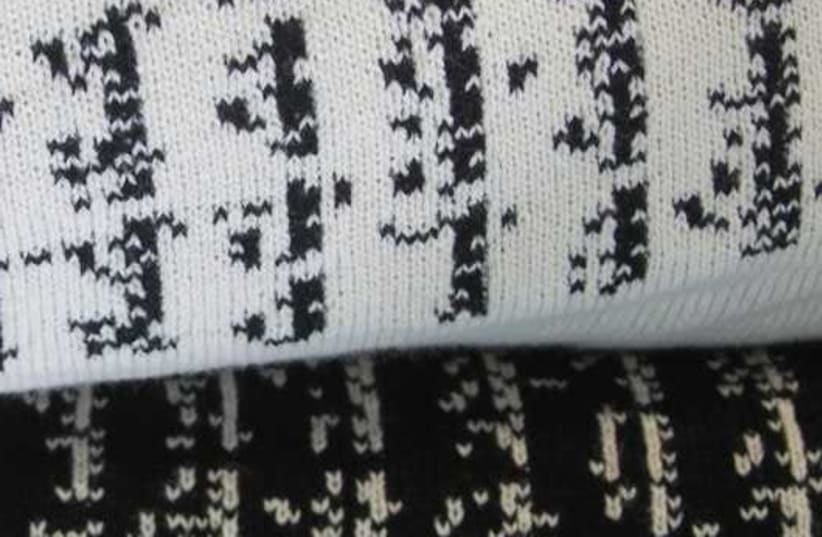See the latest opinion pieces on our page
This was at the beginning of the nation’s journey from Egypt to the Land of Israel, when the nation asked to send spies to check out the land. Twelve spies from among the respected of the nation toured Eretz Yisrael and 10 of them returned with bad news.They said that the land had “a people greater and taller than we; cities great and fortified up to the heavens, and we have even seen the sons of Anakim [giants] there.”Following this, the nation despaired and asked to return to Egypt. The story ends with the punishment of Am Yisrael remaining in the desert for 40 years during which all those who left Egypt perished before the nation entered Eretz Yisrael. It was only the next generation that was privileged to enter the land.Two of the spies did not agree with their friends.They insisted that if the nation believes in G-d and trusts Him, entering the land is possible. They declared confidently, “We can surely go up and take possession of it, for we can indeed overcome it.” Those two brave men were Caleb ben Yefuneh and Joshua ben Nun. These two who had faith indeed merited seeing the fulfillment of their faith and entered the land.When Moshe Rabbeinu retells this story in his speech, he emphasizes the difference between the two men. While Caleb enters the land, Joshua does not enter it as a regular person, but rather as a leader of the nation. After Moshe’s death, it is Joshua who takes his place and carries the responsibility of leadership.Why was it Joshua and not Caleb? What qualities do we detect of Joshua’s that made him worthy of taking Moshe’s place? When we analyze the original story of the spies in the Book of Numbers, we discover that initially it was Caleb who argued with the other spies and with the nation, while Joshua stood by the side and did not intervene. Only later, when the timing was right, did Joshua join Caleb in an attempt to persuade the nation to trust in G-d.Also later in Joshua’s life, after he entered the land as the nation’s leader, we discern the complexity of his attitude toward the nation. Sometimes he led the nation patiently, listening to its various desires and seemingly giving into things he did not himself initiate.But then suddenly we hear Joshua rebuke the nation, admonishing it to worship G-d and even threatening it, “And if it displeases you to serve the Lord, choose this day whom you will serve... but as for me and my household, we shall serve the Lord.” (Joshua 24:15) Meaning, Caleb was indeed a brave person, believing in G-d with all his heart and deserving of reward.But Joshua, in addition to having courage and faith, knew how to be attentive to the nation’s feelings, even if the nation was expressing weakness and lack of faith. On the other hand, he also knew when to face the nation with decisiveness and determination and warn it of what was to come. These are the qualities of a leader.Our sages said that in the time before the coming of the Messiah, the “nation will look as a dog looks.” This means: When a man walks down the street with this dog, it seems to an observer that the dog is walking its owner since the dog runs in front of him. But is that the way it really is? Of course not. Obviously it is the owner who is walking the dog.How do we know who is walking whom? We see the dog walking in front of its owner, but when it reaches an intersection, it turns back to see which way its owner will go and then it runs and again walks in front of its owner. Leaders like that, who only seem like leaders but really keep their eyes on their voters and make decisions based on popularity rather than reason, are like that dog that looks as if its leading its owner when in fact it is only walking where its owner leads it.Joshua ben Nun was a different kind of leader, attentive and considerate of the nation but not heeding it when he knows the nation is wrong.The writer is rabbi of the Western Wall and holy sites.
Parshat Dvarim begins with the first, and longest, of these speeches. In it, Moshe reviewed the nation’s history of the past 40 years and retold the story of the “Sin of the Spies.”
